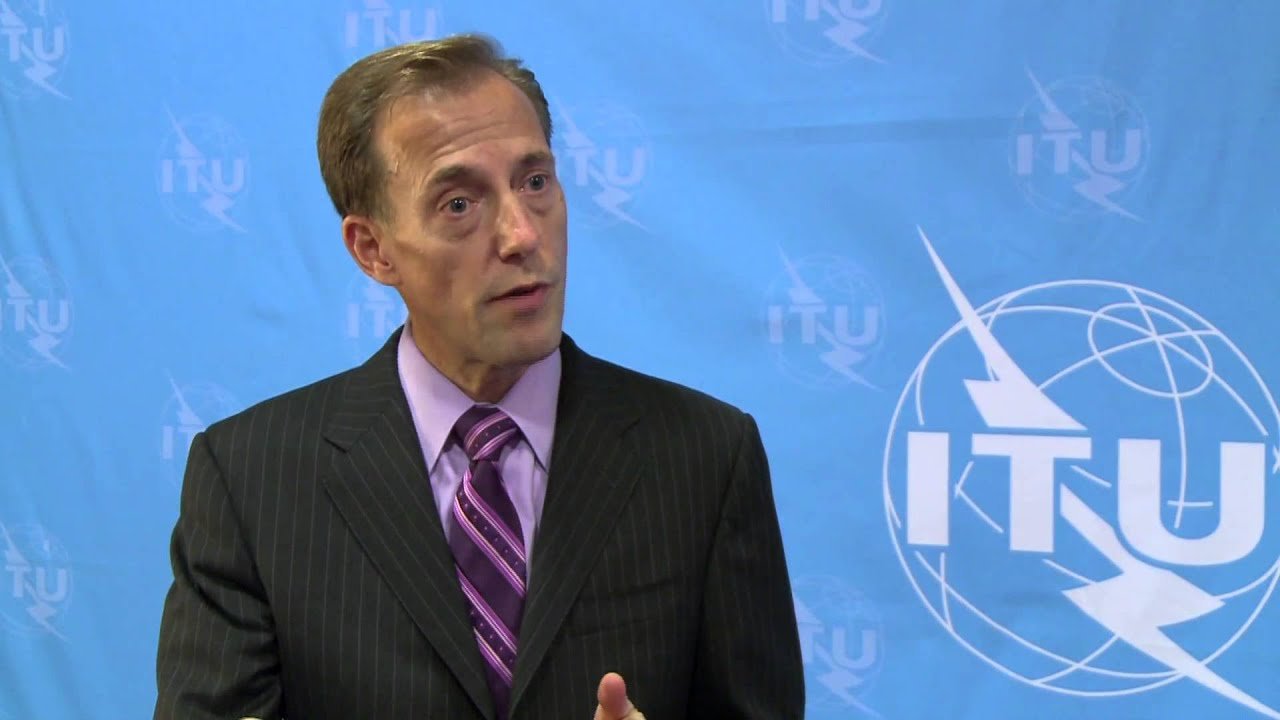
ITU said today’s decision to allocate frequency band 1087.7-1092.3 MHz for reception of ADS-B signals from aircraft by space stations will enable real-time tracking of aircraft anywhere in the world.
The development indicates that there will be no need to wait for tracking a flight in a disaster. The entire world could not trace Malaysian Airlines Flight MH370 in March 2014 with 239 people on board.
At the World Radiocommunication Conference in Geneva, it was decided that the frequency band 1087.7-1092.3 MHz will be allocated to the aeronautical mobile-satellite service (Earth-to-space) for reception by space stations of Automatic Dependent Surveillance-Broadcast (ADS-B) emissions from aircraft transmitters.
The frequency band 1087.7-1092.3 MHz is currently being utilized for the transmission of ADS-B signals from aircraft to terrestrial stations within line-of-sight.
The World Radiocommunication Conference (WRC-15) has allocated this frequency band in the Earth-to-space direction to enable transmissions from aircraft to satellites. This extends ADS-B signals beyond line-of-sight to facilitate reporting the position of aircraft equipped with ADS-B anywhere in the world, including oceanic, polar and other remote areas.
WRC-15 recognized that as the standards and recommended practices (SARP) for systems enabling position determination and tracking of aircraft are developed by the International Civil Aviation Organization (ICAO), the performance criteria for satellite reception of ADS-B signals will also need to be addressed by ICAO.
This agreement follows the disappearance of Malaysian Airlines Flight MH370 in March 2014 with 239 people on board, which spurred worldwide discussions on global flight tracking and the need for coordinated action by ITU and other relevant organizations.
In its special meeting on global flight tracking, which took place in Montréal, 12-13 May 2014, ICAO encouraged ITU to take urgent action to provide the necessary spectrum allocations for satellites to support emerging aviation needs.
In October 2014, the ITU Plenipotentiary Conference meeting in Busan, Republic of Korea, instructed WRC-15 to consider global flight tracking in its agenda.
ITU Secretary-General Houlin Zhao said: “ITU will continue to make every effort to improve flight tracking for civil aviation.”
editor@telecomlead.com


